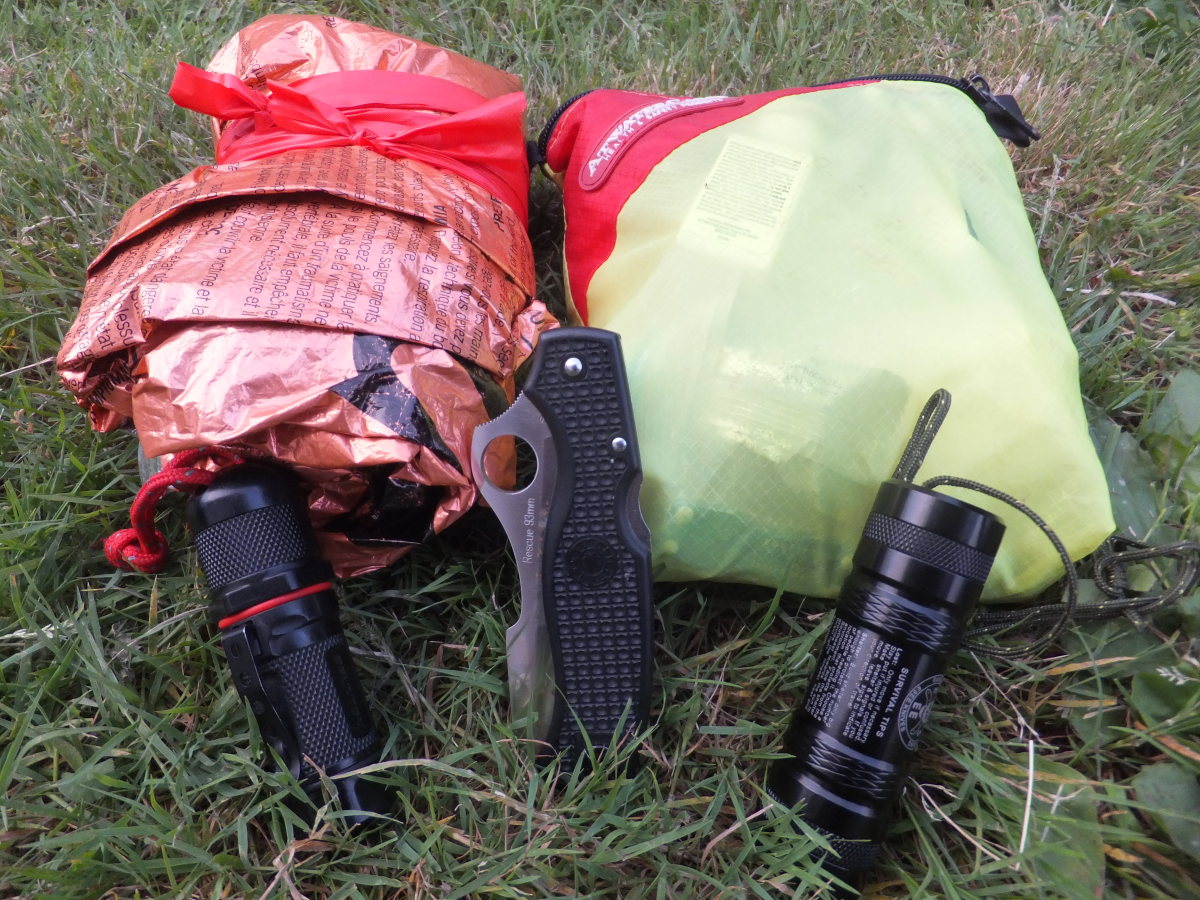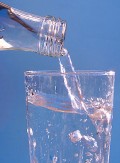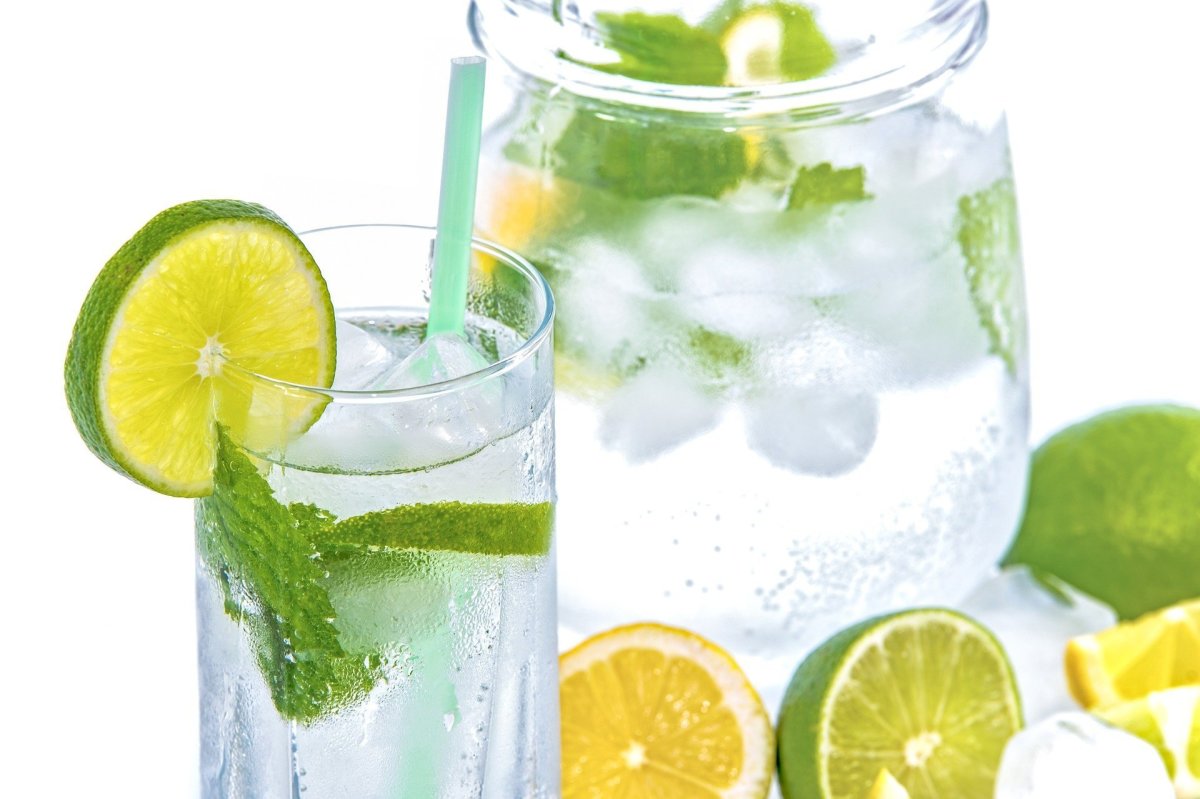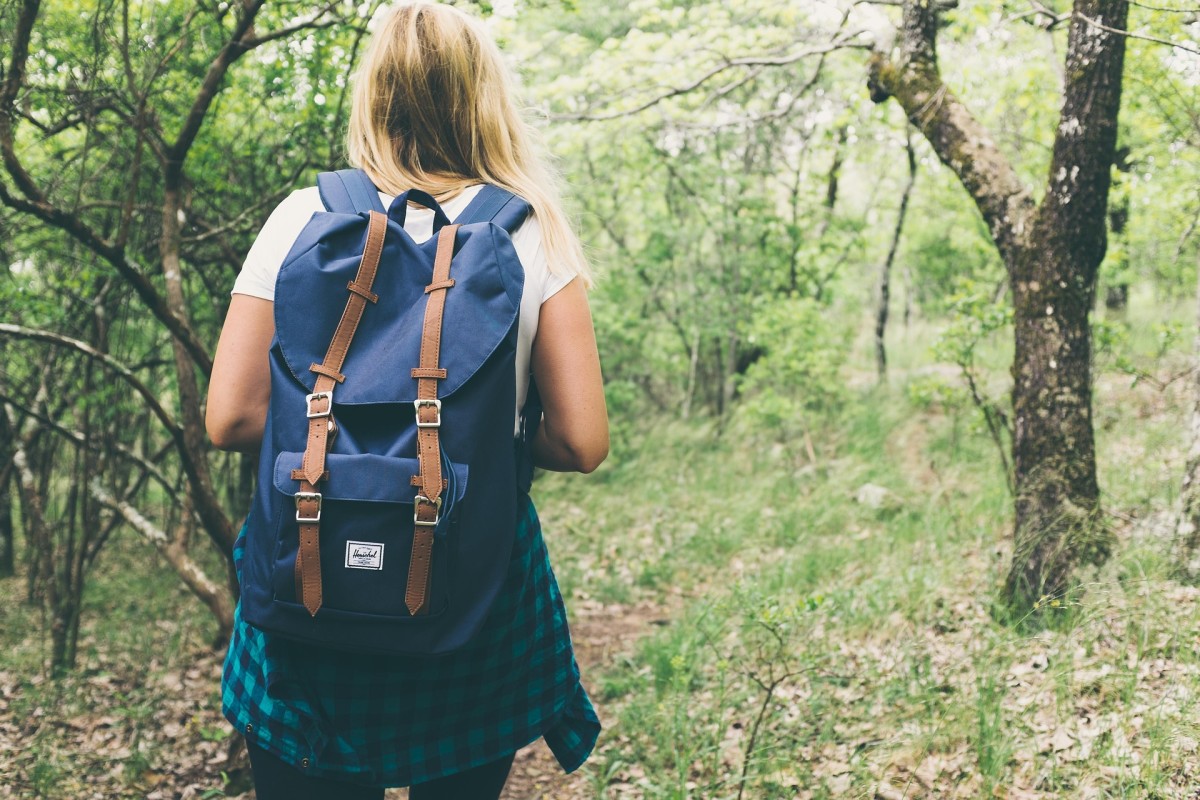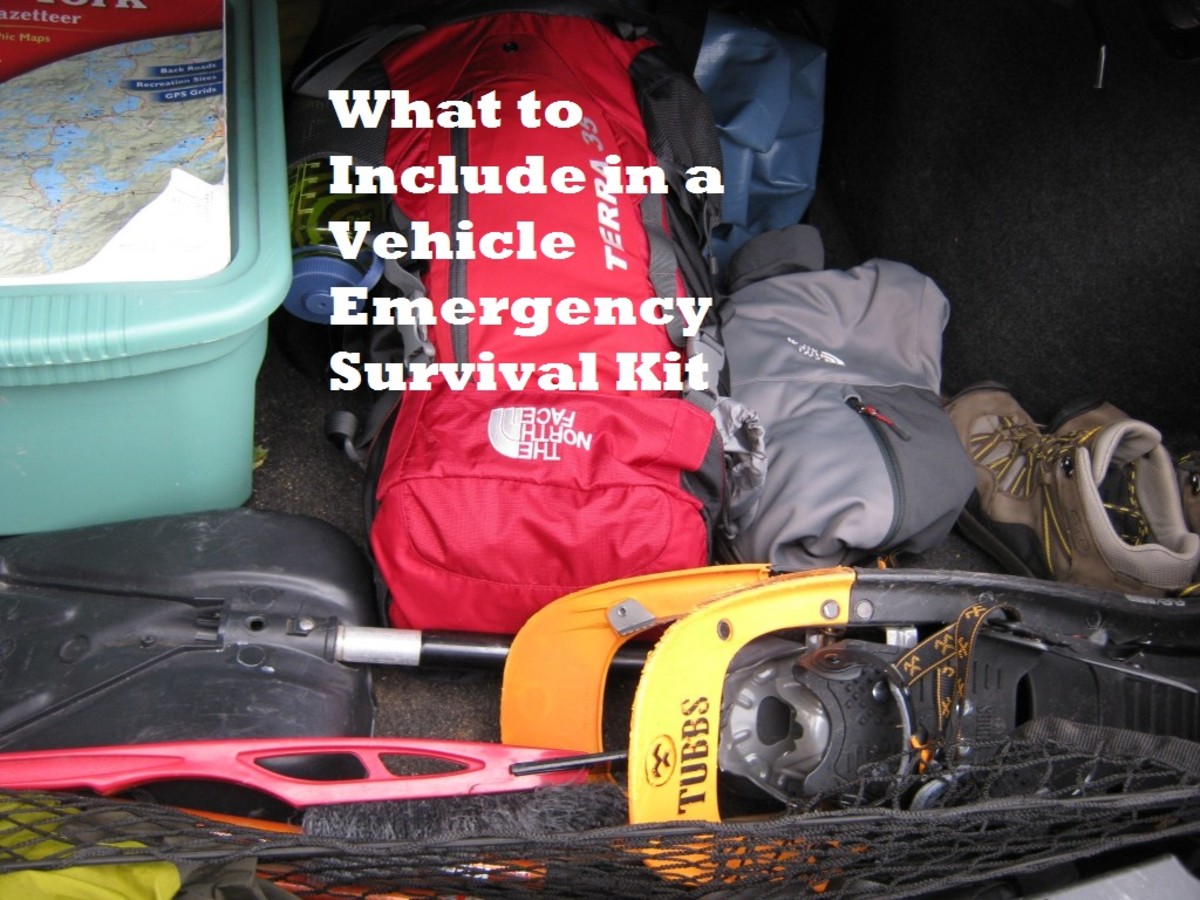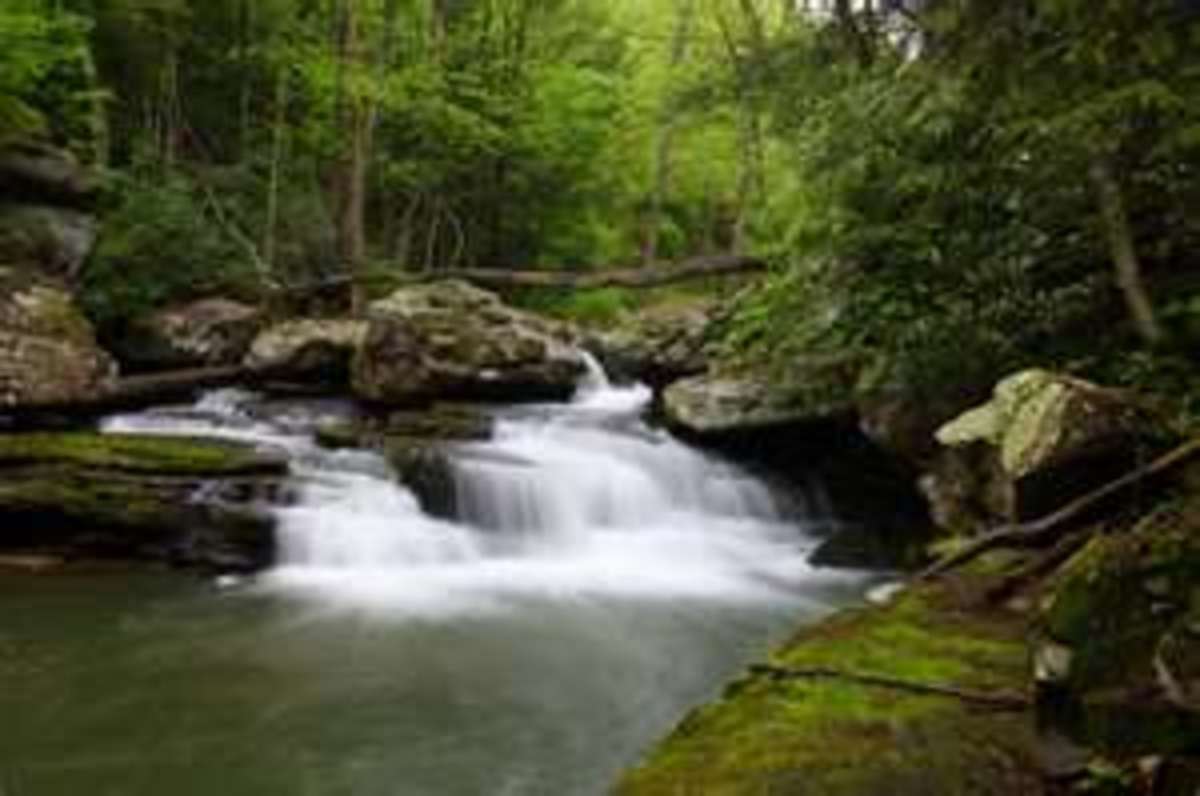Survival guide: finding water
Water is the most important ingredient of our body. You can starve for weeks, but you will die in days without water. Our ability to survive heavily depends on access to its sources. When talking about survival water should be one of the main subjects. Knowledge about where to find it, how to acqire it, how to drink it, how often and how to recognize we need to drink is crucial for our survival ability.
Condition, when the water content in the body is too small for its proper functioning, is called dehydration. This state is very easy to recognize by the following symptoms:
- Starvation
- Headache, dizziness
- Dry mouth
- Cracked and parched lips
- Speaking difficulties
- Lack of saliva
- Vomiting
- Dark urine, small amount of urine passed until anuria
- Increased body temperature
- Cessation of sweating
- Shallow rapid breathing
- Fainting
- Impaired consciousness and vision
- Contractions
- Constipation
- Convulsions
- Sleepiness
Dehydration is lethal in extreme conditions, even a day without water can kill us. Logical treatment for dehydration is oral dosing of water and reduction of consumption and excretion. In severe cases of dehydration water and electrolytes can be given intravenously.
Man, during slight exertion, loses at least two liters of water a day, but factors
such as load, ambient temperature, disease, clothing, nourishing,
alcohol, cigarettes and exercises can increase this value up to several
liters per day. For example, an hour of
marching in the average temperature above 38 Celsius degrees causes the loss of a liter of water per hour. Therefore, the key is to complement the ongoing loss of water.
To avoid dehydration one should avoid:
- Smoking (increases thirst)
- Alcohol (its decomposition increases water consumption)
- Leaving the exposed surface of the skin at high temperatures (water evaporates easier from the body)
- Diarrhea and vomiting (which can dramatically increase water consumption by the body)
- Consumption of salty foods
- Losing significant amounts of blood
- Burns
If one has small amount of water he should:
- Plan its consumption wisely
- Drink slowly in small sips and only during stops
- Limit or stop eating
- Reduce physical exertion and exposure to heat and sunlight
- Chew grass/mint/gum to kill thirst and hunger
Water acquisition
The easiest way to ensure the water in the area is simply to take it from home. Always carefully plan the amount of water, including cooking, washing, clearing wounds, the availability of water in the area in which we operate while keeping in mind its weight. You should also make sure that the vessel in which you store the water is tight and clean. Remember, do not store all the water into a single vessel. In case of piercing it you will lose all water you have and that's not what you want, is it?
Anyway it may happen that you will end in the field without a water. In that case, you willl be forced to acquire water from your nearest area to survive. There are quite a few ways to do it.
Water reservoirs
The easiest way is to find a river or stream and get water from it. If you're in the mountains you can assume you're close enough to the source and that water is clean. If you're in lower areas it's always better to filter, disinfect and then boil the water - in that exact order. Those actions should ALWAYS be taken when you gain water from ponds, lakes and puddles. Standing water can contain lots of nasty things, including bacterias and parasites. Plus it ca be poisoned with chemicals. Drinking dirty water might do more worse then good, and if you end up vomiting or with diarrhea you will lose more water than you drank and a lot of strength. So it's not worth the risk unless you're really dehydrated and you have nothing to make the water clean.
DO NOT acquire water:
- From sources containing feces, urine, dead animals
- From sources with foam floating on the surface
- From sources where the water is pondering a long time, much overgrown with duckweed water
- From odorous sources
Filter can be easily prepared from plastic bottle, two pieces of cloth and charcoal. You cut off the bottom of the bottle, put inside a piece of cloth, then the thick layer of powdered charcoal and another piece of cloth on top of it. It won't filter out everything but it should be enough to make sure there's nothing floating in the water. Now you should put into it water purification tablets (ie. aquatabs or panatocid) or the right amount of potassium permanganate (so that the water changed color to slightly pink), or 2% iodine (5 drops per liter and wait 30 minutes). Then, you boil the water for 10 minutes. After that you can drink it. It's not 100% safe, but much safer than drinking it straight from the pool.
Rainwater
It is simple, efficient and requiring almost no resources or tools way of acquiring water. Just find a depression in the rock where water collects or dig a hole and put inside water impermeable material. You can also simply set the containers at your disposal in the open, and if you want to build up their effectiveness you should make the water-collecting surface as bi as possible. The greater the surface the faster you will fill the containers. The big advantage of rainwater is that it is not necessary to filter it and you can collect it anywhere you are.
Collecting dew
Collecting dew can be done simply by tying any absorbent material around the ankles and marching through the high grass and then squeezing the water out of the material into the container. You can also 'wipe' dew with cloth from plants. Such water does not need to be filtered.
Seawater
First off - NEVER drink salt water. It can only increase your thirst and lead to vomiting. To obtain fresh water you should boil seawater in a metal container covered with a rag. The water evaporates and is being absorbed by the cloth. Water from the cloth can be drained into another container and the salt will be left in the first tank.
Solar pit
To make the solar pit you will need a foil (ie. a trash bag). Dig a hole sized depending on the size of the possessed foil. Then, set the pot down in the middle of the hole - you will collect water there. Cover the hole tightly with foil and in the middle of it, above the container, put a stone. Water evaporating from the ground will liquefy on the foil and then leak directly into the vessel. This method is not very efficient and quite useless in places where the soil is dry. Collecting bigger amounts of water requires a large amount of time and remaining in one place. The water extracted in this way is clean and ready for drinking.
Transpiration bag
Transpiration bag is nothing else but a watertight plastic bag, set up on a branch with leaves, and tightly attached to it. Water evaporating from the tree will be collected in the bag. Bag should be weighted on the free side so the water could be collected easier. Water extracted in this manner is immediately ready to drink.
Melted ice and snow
If you can ignite fire, it is best to simply put the ice or snow into the canteen and melt it in the fire. Similarly, we can put the ice into the flasks and hide it under clothing to melt it with your own body heat. You should not eat ice and snow because it cools down the body and consumes energy as body has to heat it up. Same applies to cold water.
You should select fresh clean ice and snow for melting. Old ice can contain dangerous contaminations.
Final thoughts and warnings
As you can see, you can collect water in many ways. You should remember - the only healthy water is the ground one because it contains minerals our body needs. Water from other sources saves you from dehydration, but it brings another danger - it washes minerals out of the body and doesn't bring the replacement in. So you should not drink too much of it. To prevent it, you can add a little bit of salt or isotonic tablets to the water. It will mineralize it.
Never drink during exertion because it consumes additional energy to digest the water so you will become tired faster. Also, always heat up the water for the same reason. If you ever happen to be in critical situation you will need all the energy you have to survive.


